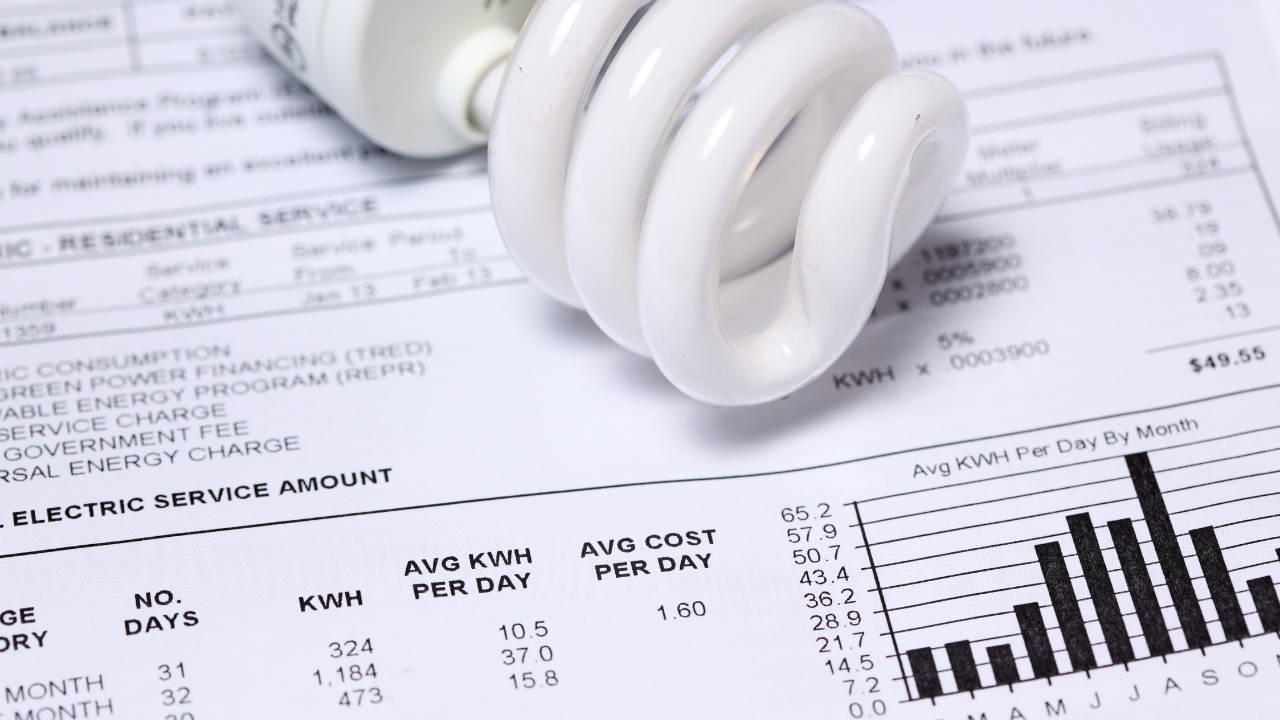If your business is located in a deregulated energy state, then you might already be aware that you can purchase your electricity and/or natural gas supply from a retail energy supplier. Should you decide to sign up for an energy plan, you might be presented with the option to have a dual or consolidated utility bill. This article outlines the differences between dual and consolidated energy billing, the pros and cons of each, and how to make a decision that’s best for your business.
Consolidated Billing.
Utility consolidated billing (UCB), also known as single billing, is a billing scenario where the local utility company displays retail energy supplier charges on the utility bill. When dissecting the anatomy of an energy bill, it is important to understand that most billing arrangements in deregulated states are UCB. This billing arrangement makes viewing your energy supplier rates simple and convenient. Let’s explore more about consolidated utility billing below.
How Does Consolidated Billing Work?
When a customer elects to sign up with a retail energy supplier for electricity or natural gas supply, then the supply portion of their total energy bill is handled by the new provider. In many states, retail providers are electronically integrated with local utilities so that the utility can post the supplier charges directly on the customer’s utility bill.
When a single bill is issued by the utility company, the utility collects both the distribution and supply charges from the customer. The utility, then, in turn, sends the retail supplier its portion of the total bill.
Why Would Utilities Handle Billing For Energy Suppliers?
Great question! Utility companies offer consolidated billing for a fee to suppliers. That fee can range anywhere from 1-3% of the total supply charges on the invoice.
Many suppliers elect for UCB since it makes things easier for the customer to receive a single bill. In fact, with UCB customers still, simply pay one bill each month to their local utility companies.
Industry Insider Fact: Did you know that in some states, utility companies even offer a program called Purchase of Receivables (POR) for utility consolidated customers? In this setup, utilities actually purchase the receivable from the supplier for the customer’s supply charges at a discounted rate. The utility then collects the total amount from the customer on a single UCB bill.
This is a great advantage to suppliers since they do not have to worry about collecting money from customers that become past due.
Consolidated Energy Bill: The Pros & Cons
There are pros and cons to utility consolidated billing for energy customers. Let’s explore the benefits and drawbacks of consolidated utility billing.
| Pro | Con |
|---|---|
| One bill to pay | Rates are higher |
| Simple accounting | Shut off notice for unpaid bill |
Although UCB makes accounting easier for customers, there are some downsides to this billing option. First, supplier UCB rate quotes tend to be slightly higher considering the utility company’s fee to offer a single bill and collect the receivable. Next, if the customer becomes delinquent on its utility bill, the local utility company reserves the right to shut off the energy supply to the customer’s building.
In certain situations, such as an unauthorized switch or some other sort of energy fraud, a utility consolidated bill can create problems with energy suppliers. Because this billing arrangement allows for supplier charges on the utility bill, there is no way to separate an erroneous energy supplier charge from the rest of the invoice. In fact, the invoice must get paid so that the power and gas supply continues to flow. In certain instances, your energy broker might be able to place a fraud alert on your utility account and notify the utility company that you are disputing the supplier charges. Sometimes, the utility will be lenient in these scenarios and allow the customer more time to sort out their appeal.
Dual Billing.
This is an alternative billing option offered by suppliers where the provider will issue its own bill for energy supply charges. In a dual billing scenario, the customer receives two energy bills each period: (1)a bill from the local utility for delivery charges, and (2) a bill from the provider for supply charges.
What Is Dual Billing For Energy?
Suppliers began to offer customers dual billing options so they could avoid utility single billing fees and pass the savings to the customer. In addition, dual billing allows the supplier to negotiate more flexible payment terms with the customer.
Furthermore, a dual bill is often seen with larger commercial and industrial customers. These larger customers typically negotiate with energy suppliers for special payment terms. Often you will see larger customers granted 30-60 day net terms from the retail supplier if they elect to a dual utility billing option. This can even be beneficial for quantifying energy efficiency projects as the details of the supply charges on a dual bill can be in more depth than when billed on a consolidated bill.
Dual Billing Pro’s & Con’s
There are several pro’s and con’s to dual billing for commercial energy customers. Let’s explore the benefits and drawbacks of receiving a dual energy bill:
| Pro | Con |
|---|---|
| Special payment terms | Can be confusing |
| Avoid utility shutoffs for late payments | More complex accounting |
Larger customers sometimes elect for dual billing for cash flow reasons. Since the supply portion of the utility bill is usually the largest, larger companies can get better payment terms with suppliers than what the local utility might offer in a UCB scenario. Also, the supplier cannot shut off a customer’s energy supply for the late payment of a supplier bill.
All customers that elect for a hybrid energy supply product, such as a block + index energy plan, are billed using a separate, dual billing system. Because these hybrid energy charges are calculated using energy market index rates, hourly settlements, and energy futures contract hedges, the billing detail is more elaborate than a standard fixed price per unit.
Want To Learn More?
Interested in learning more about how to structure billing for your customers? Our team of energy experts helps guide our sales partners on the best way to structure deals. Contact us today to learn more about growing your energy broker career!



